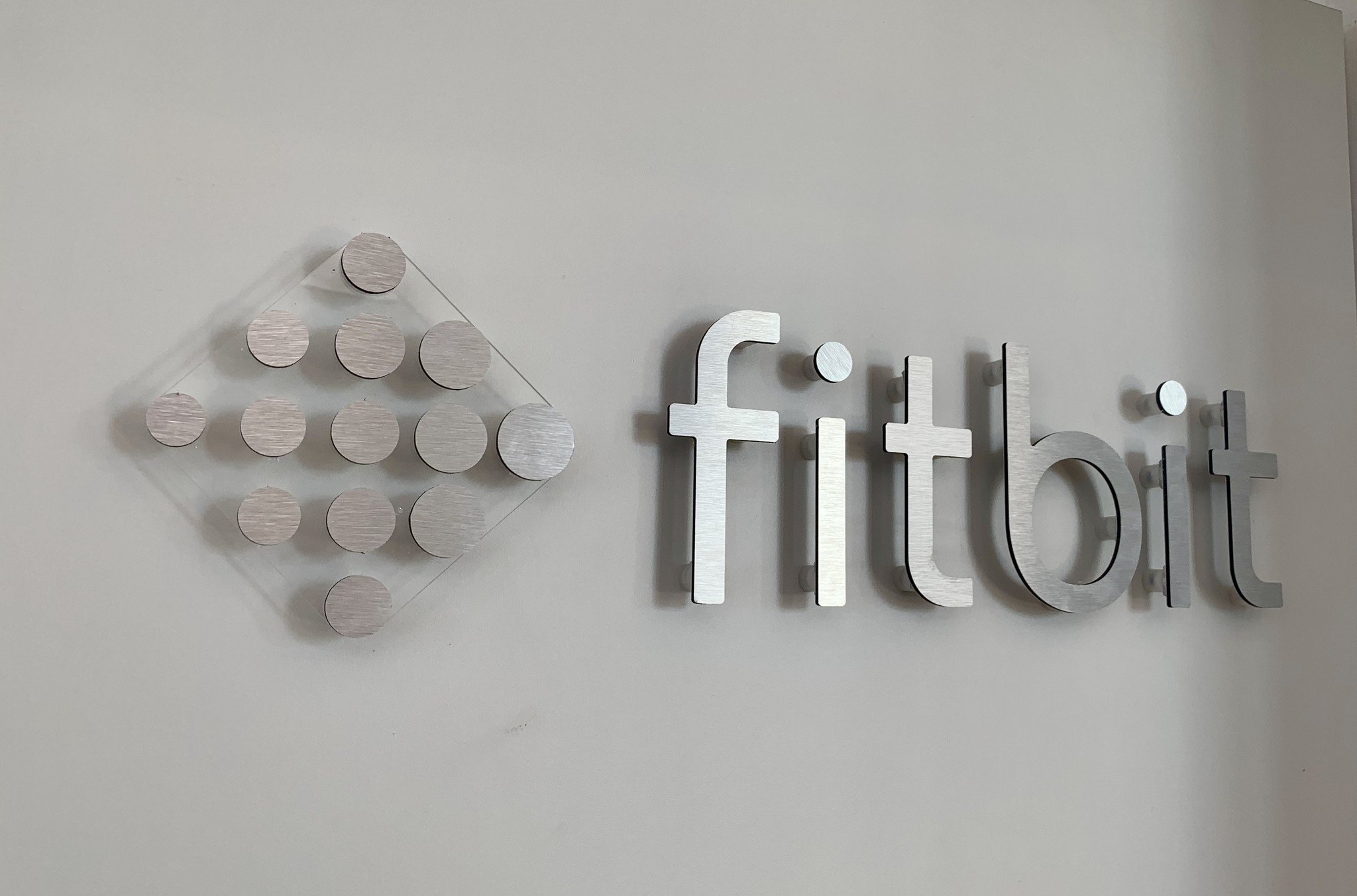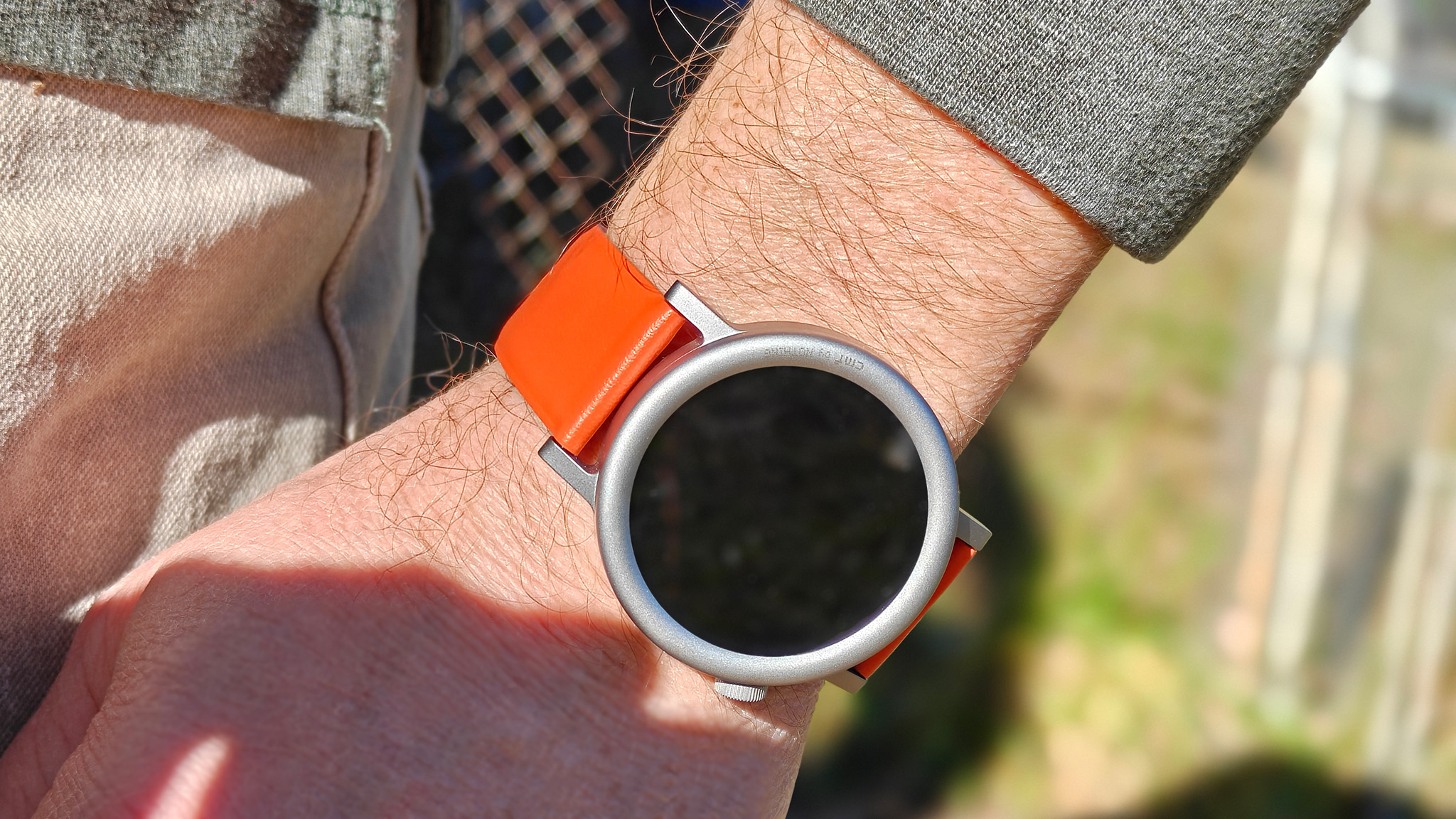Consumer advocacy groups call for closer scrutiny of Google's Fitbit deal

What you need to know
- A total of 20 consumer organizations have sent letters to antitrust regulators in various countries, expressing concerns over Google's proposed Fitbit acquisition.
- The organizations argue that the deal will enable Google to obtain data from Fitbit and further expand its clout in digital markets.
- Google and Fitbit had announced the $2.1 billion acquisition deal in November last year.
Consumer advocacy groups from the U.S., Europe, and Latin America have come together against Google's proposed acquisition of fitness-tracking giant Fitbit. The group of 20 organizations has written a letter antitrust regulators across the globe, expressing privacy and competition concerns (via Reuters).
The organizations have issued a statement arguing that acquiring Fitbit would provide Google access to sensitive user information such as their heart rates, quality of sleep, and the number of steps they take daily. The group believes Google may use Fitbit's data to expand its dominance in digital markets.
The organizations said in a statement:
Past experience shows that regulators must be very wary of any promises made by merging parties about restricting the use of the acquisition target's data. Regulators must assume that Google will in practice utilize the entirety of Fitbit's currently independent unique, highly sensitive data set in combination with its own.
Reacting to the statement, a Google spokeswoman told Reuters that the Fitbit acquisition is about devices and not data. She added that the combination of the hardware efforts of the two companies will only increase competition in the wearable sector.
Antitrust regulators in Europe are expected to make a decision on whether the deal should be cleared or be opened to a more extended investigation by July 20. Australia's competition authority indicated recently that it might have some concerns with Google's Fitbit acquisition and expects to make a final decision sometime in August.
The search giant is also under antitrust investigation by the U.S. Justice Department, as well as a coalition of state attorney generals for abusing its dominance in the online advertising industry and harming smaller rivals.
How Google can leverage Fitbit to finally compete with the Apple Watch
Get the latest news from Android Central, your trusted companion in the world of Android

